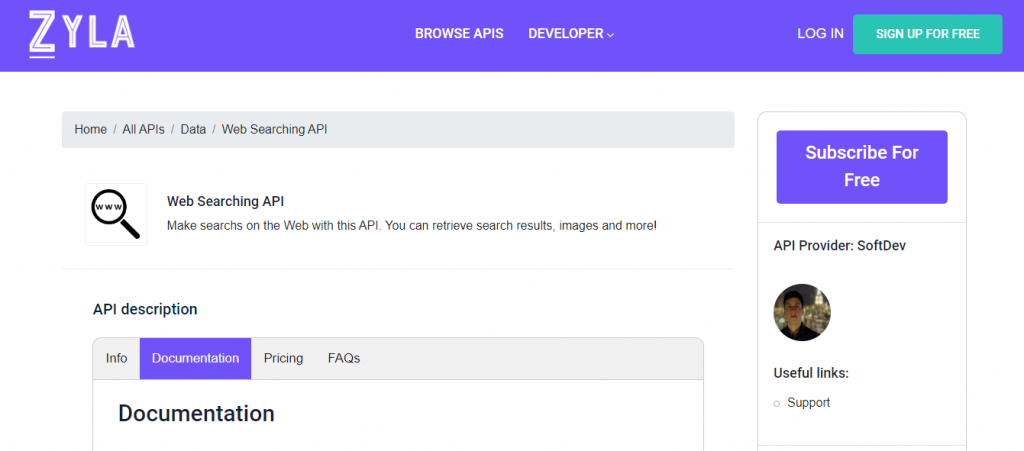What is now the driving force behind search engine optimization? That’s right—search intent. Or, put another way: What do users expect to find when they enter your target keyword into a search engine?
Of course, it’s possible that no one has yet discovered the ideal method of satisfying users’ search intentions, in which case your fresh material may outperform everyone. So it’s always a good idea to keep an open mind.
A thorough thematic analysis may identify content opportunities that your rival has thus far overlooked, especially if you are a smaller player. However, even “only” extracting search intent from the present results needs human analysis, which is rarely scaleable to big term sets.
Here, we take a different tack: How can we evaluate many facets of our consumers’ search intent on a broader scale? And which essential concerns pertinent to our SEO strategy can we analyze search results to answer in bulk?

What is the Custom Search JSON API of the Programmable Search Engine?
Let’s first examine what Programmable Search and the API are and how they can both aid in determining search intent.
On your search over the World Wide Web, it’s extremely possible that you previously come across Google’s Programmable Search Engine. The explanation is straightforward: It gives webmasters access to search engine capabilities they can quickly include into their websites.
The key benefit is that you don’t just include an iframe from the standard Google search. No, you may completely alter and modify the search process using the Programmable Search Engine’s numerous parameters (short: PSE).
Does your website require an internal search feature? Limit the PSE to just delivering URLs that are under your domain name.
Do you run an affiliate website about a particular subject? Create a topical search engine that exclusively returns results on the topical entities (given by Google’s Knowledge Graph) that your website concentrates on to provide your consumers more value.
Why is the JSON API for Custom Search Scalable?
The API returns the custom search results you requested in JSON format from your Programmable Search Engine. JSON-LD (JavaScript Object Notation for Linking Data) is a popular format for exchanging data between programs in a straightforward textual style. Therefore, you can use the API’s data in any of your own apps, such as Google Sheets, which we’ll use later, to rank URLs and title tags for keywords.
It’s very likely that you have already seen a Programmable Search Engine during your web search. The justification is simple: It provides webmasters with access to search engine features they can easily incorporate into their websites.
How Can I Do This?
You’ll need a specialized solution to manage, store, and arrange your data so that users can quickly find what they’re looking for. Search APIs can be useful in this circumstance. A developer can enter the entire catalog into a Search API and use it from the website in only a few lines of code.
After examining every available internet search API, we determined that this one is the finest and deserves to be listed:
Web Searching API
In JSON format, the Web Searching API sends search requests and results. It allows you to perform quick and simple searches without a captcha. Additionally, this API allows you to modify the appearance and feel of the search feature in your app, fine-tune the ranking, and add personalized promotions. It also contains descriptions, links, and titles in its search results.

It enables:
- Search online for news and relevant articles on a specific topic.
- Use a single search to get pertinent and related images on a given subject or issue.
- Obtain web pages about a specific topic that are relevant to your requirements.
You can do any kind of search using the API, which offers direct access to the Contextual Web search engine. You can filter news using the pagination tool by publication date, online search, or sophisticated web search.

